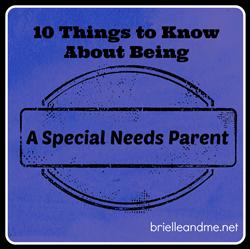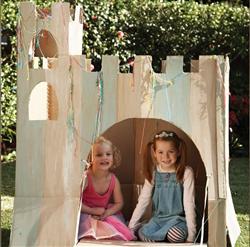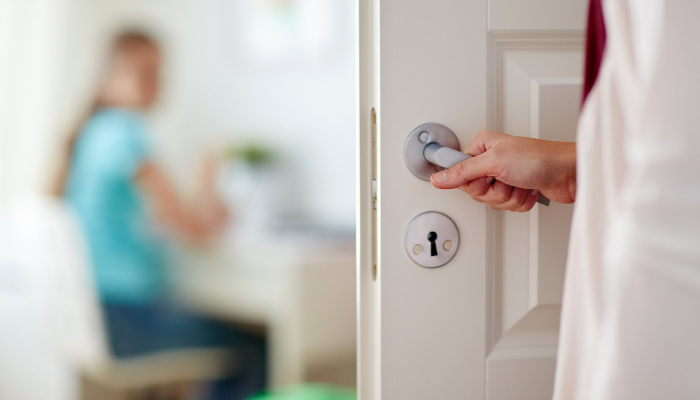Healthy Relationships: A Simple Concept that People Make More Complicated
By Christine Murray, Director of UNCG’s Healthy Relationships Initiative
Building healthy relationships isn’t rocket science. Healthy relationships are within reach for virtually everyone, and they don’t require any specific equipment, extensive training, or a lot of money. In fact, the basic ingredients for a healthy relationship are relatively simple concepts that most people learn by the time they enter kindergarten. Healthy relationships rely on basic tools like listening, sharing, and practicing kindness and forgiveness.
And yet, although the basic building blocks of relationships are relatively simple, relationships are often one of the most complex areas of people’s lives. Modern society adds to the complexity of human relationships, in large part due to how busy everyone is and how much technology has taken over many aspects of our lives. In addition, many people lack role models of healthy relationships, especially if they experienced challenging relationships in their family-of-origin.
If you’re interested in increasing the health of the relationships in your life, there are a few simple steps you can take. Although there are some differences in the ingredients that make for healthy relationships of different kinds – such as a romantic relationship, parenting relationships, friendships, workplace relationships, and neighbors – there are common elements that underlie all kinds of relationships. The tips below offer some steps you can take to begin working toward healthier relationships in all areas of your life.
First, be intentional about fostering healthy relationships. Although healthy relationships are accessible to all, they don’t just happen on their own. One of the most important steps to take to improve the health of your relationships is to make an intentional decision to commit the time, energy, and attention needed to make your relationships the best they can be.
Second, work on being a better listener. Deeply listening to another person is becoming somewhat of a lost art. Many people are too busy thinking about what they want to say next to truly listen to the person they’re talking with. By working on becoming a better listener, you can develop a better understanding of the important people in your life and experience more meaningful conversations.
Third, develop your other communication and conflict management skills. Effective communication and conflict management require a set of skills that you can develop. It’s best to practice these skills in low-pressure situations that you’ll be ready when more intense relationship challenges arise. Our Healthy Relationships Initiative resources include several opportunities to learn and practice new relationship skills, including our on-line educational programs and the HRI Toolkits.
Fourth, reduce the barriers to healthy relationships in your life. Building healthy relationships involves not only increasing your skills, but also reducing the barriers that make it more difficult to build and maintain a positive relationship. There are several possible barriers that get in the way of healthy relationships, such as an untreated mental health or substance disorder, too much time spent on technology, poor work/life balance, and a stigma that keeps people from reaching out for help when problems arise. If possible, identify the unique barriers that are limiting the health of your relationships, and work to reduce these.
Fifth, focus on what is in your own power to change. One of the most complex aspects of relationships is that they involve other people! The truth is, you can you do everything “right” in your relationship, but the other person might not be cooperating. Work toward showing the other person the benefits of strengthening your relationship. But even if you can’t get them to change, you can still take steps on your own that may improve your relationship. Work on becoming be the healthiest, best version of yourself, and you’ll find that you’ll be more equipped to navigate difficult relationship challenges, even if you’re getting resistance from another person. Don’t be afraid to seek professional help if you find you’re facing a relationship challenge that is too difficult to manage on your own.
Building healthy relationships takes time, effort, and a commitment to caring for the important people in your life. A few simple steps can lead to major improvements to your relationships. The Healthy Relationships Initiative is here to help. Connect with us at our web-site at www.guilfordhri.org and on Facebook, Twitter, Instagram, and Pinterest @GuilfordHRI.
Want to see more blogs like this and get notifications on local events and happenings? Subscribe to our free weekly newsletter here.







